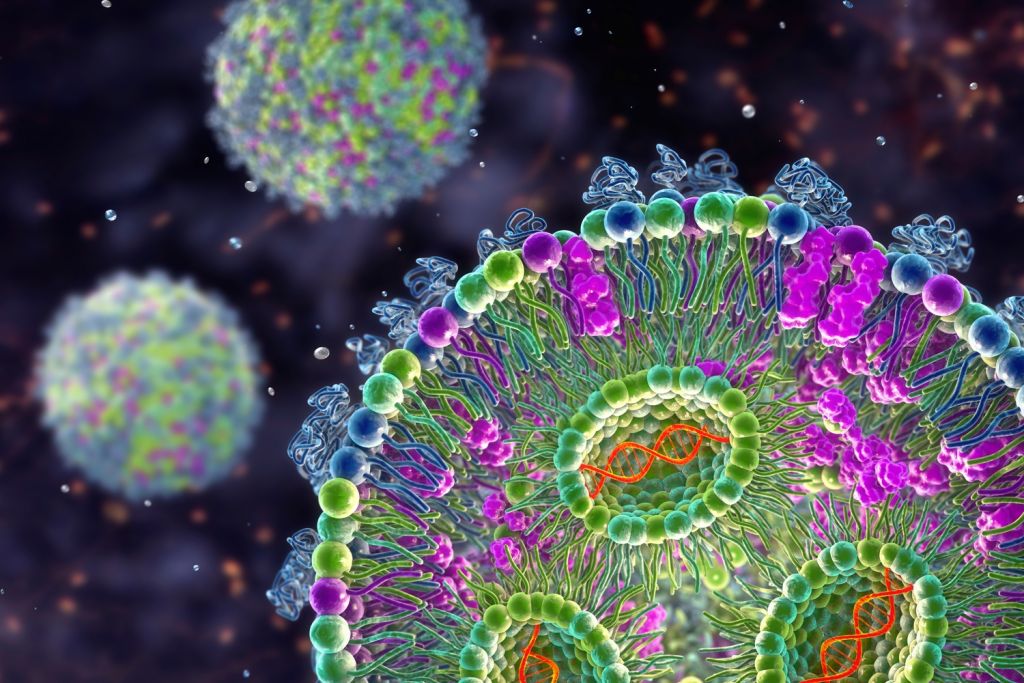Newsletter Signup - Under Article / In Page
"*" indicates required fields
A clinical stage biopharma company has announced further dose escalation data from its phase 1/2 study looking at the safety and efficacy of a monotherapy in ten different hard-to-treat cancers.
Latest progress from Faron Pharma’s MATINS (Macrophage Antibody To INhibit immune Suppression) study was focused on higher dose levels and frequencies to finalize the dose of bexmarilimab monotherapy for future study designs. This will be as a single agent or in combination with other anti-cancer treatments including PD-1 blocking agents.
Higher doses, up to 30mg/kg, were well tolerated as was more frequent dosing of 1-3 mg/kg administered every week to every other week.
Despite the relatively rapid clearance of bexmarilimab from circulation, the majority of evaluated dosing regimens produced significant Clever-1 (a multifunctional scavenger and adhesion receptor) occupancy in circulating monocytes and reduced the presence of soluble Clever-1 in blood.
Bexmarilimab dosing
These data suggest that bexmarilimab dosing can be effective across several dosing regimens. Currently, the highest clinical benefit (25-30% of the test cohort) was observed at 1 mg/kg and seen with weekly and three-weekly administration.
Markku Jalkanen, chief executive officer of Faron Pharma said: “Bringing the promise of immunotherapy to more cancer patients starts with the ability to identify which patients are likely to benefit from specific treatments.
“We now have a clear understanding of which patients benefit from bexmarilimab treatment and can identify them using a validated staining antibody, which can be widely accessible and adapted to routine practice.
“In addition, we have blood-based cytokine profiles to support our biological approach, and even further strengthen our biomarker development strategy.”
Additional efficacy data
Additional pharmacokinetic/pharmacodynamic (PK/PD) and clinical efficacy data is expected shortly and should together with pharmacokinetic modelling enable Faron Pharma to present an acceptable data package to the U.S. Food and Drug Administration (FDA) for determination of the recommended dosing regimen(s) for future studies.
It has been previously reported, low interferon(IFN)-gamma levels predict clinical benefit as measured by extended overall survival (part 1 data). Additionally, part 2 patients with low baseline IFN-gamma levels experienced a five-fold increase IFN-gamma levels in their blood, which was not seen in patients with high baseline IFN-gamma levels.
The regression analysis of this correlation was highly significant (p=0.007) and indicates that bexmarilimab has the capacity to ignite immunity in heavily pre-treated, last line cancer patients who either did not respond to or were ineligible for treatment with currently approved immunotherapy drugs.
The data also showed that the lower the pre-existing IFN-gamma response is, the higher the IFN-gamma levels will increase with bexmarilimab treatment. This highlights the importance of the patient phenotype that benefits from bexmarilimab.
Biomarker strategy
This included the characteristics of the tumor being critical when determining whether a patient is likely to benefit from treatment, making a biomarker strategy extremely important for the future development of bexmarilimab.
The key tumor characteristics have now been clearly identified and Faron Pharma is well placed to drive a biomarker strategy forward to guide patient selection.
An updated survival analysis including 138 patients from part 1 and part 2 of the MATINS trial showed median overall survival was 14.9 months for patients who benefited from treatment with bexmarilimab compared to 4.4 months for those who did not, representing a 3.4-fold increase.
Last line treatment
Faron Pharma plans to compile the end of phase 1/2 package, which will include additional PK/PD and clinical efficacy data, and file it with the FDA to obtain regulatory advice for further clinical development of bexmarilimab, as a stand-alone last line treatment and in earlier line combinations.
”The fact that bexmarilimab treatement was well tolerated at all dosing levels and frequencies is significant,” said Petri Bono, principal investigator of the MATINS trial.
“One of the big challenges we have seen with immuno-therapy drugs to date, particularly when used in combination, is dose limiting toxicity. Bexmarilimab’s safety profile in a monotherapy setting suggests combination therapy with an anti-PD-1 would also be well tolerated.”
Marie-Louise Fjällskog, chief medical officer of Faron Pharma, said: “We have made steady progress with our MATINS trial and following a detailed evaluation of this latest data, expect to submit a full data package to the FDA and request an end of Phase 1/2 meeting.
“We look forward to sharing all of our MATINS data, including the updated dosing and survival data, with the FDA and discussing the best possible way to bring this new treatment option forward to patients.”
Oncology R&D trends and breakthrough innovations







